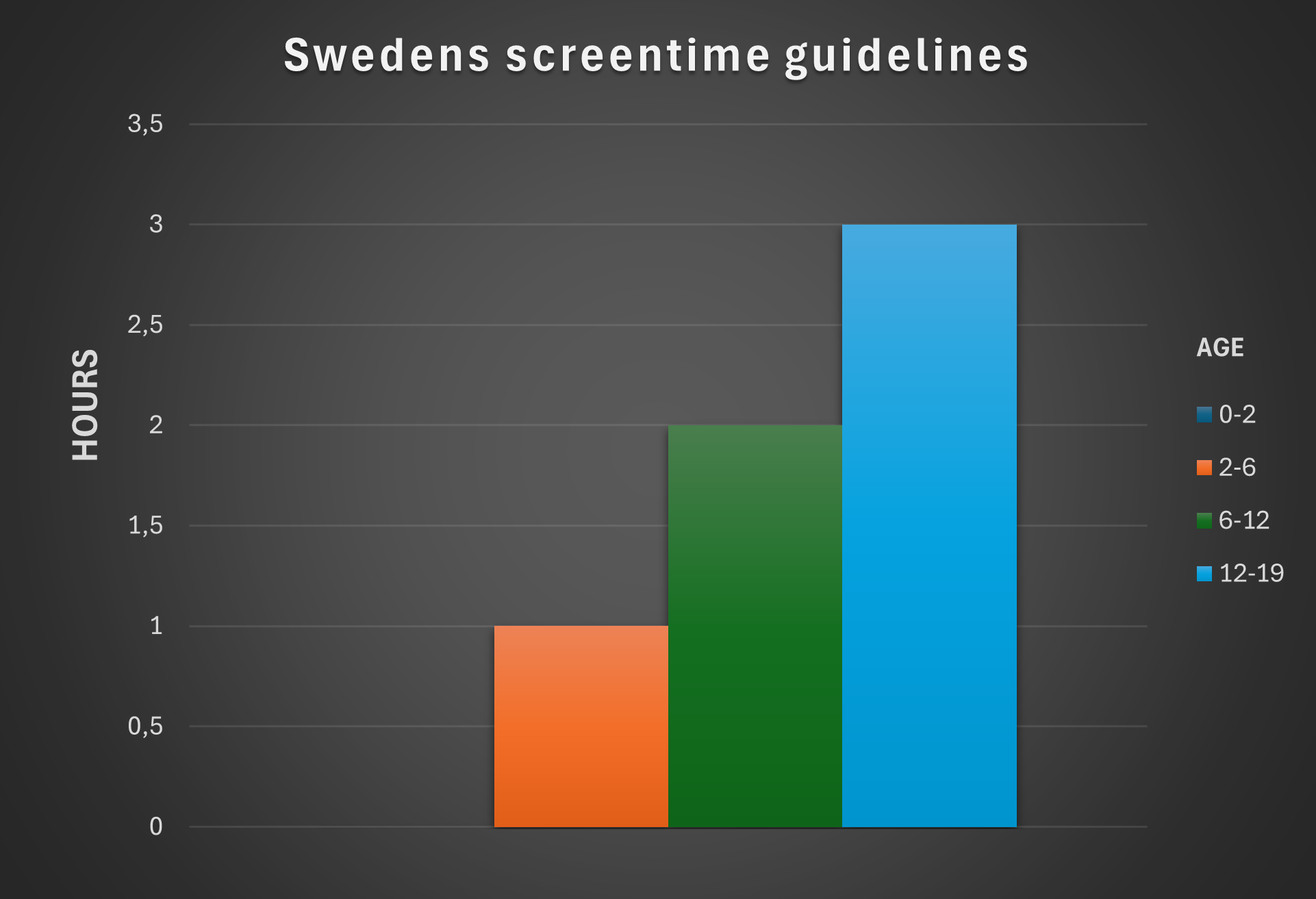New guidelines from Swedish public health authorities recommend that children under the age of 2 should have no screen time at all. This aligns Sweden with other countries working to reduce screen time for young children. Freek Zwanenberg, media pedagogue at Bureau Jeugd en Media*, supports these guidelines, ‘It can hinder children’s development and their ability to regulate emotions.’
Sweden’s new guidelines join those of countries like the United States, Ireland, Canada, Australia, and France in a battle against screen time. Jakob Forssmed, the Minister of Social Affairs and Public Health of Sweden, emphasized the need to ‘regain control’ over screen time. These recommendations are backed by a study published last year in JAMA Paediatrics. The study found that greater screen time for 1-year-olds is linked to delays in communication and problem-solving by ages 2 and 4. This research highlights the potential negative effects of excessive screen time and supports the push for stricter limits.
The guidelines provide clear recommendations for parents, according to Zwanenberg. ‘Many parents don’t fully understand the risks of screen time,’ he explains. The study highlights that too much screen time can prevent children from exploring and interacting with their surroundings, leading to issues like tantrums and difficulty managing emotions. An example of this is when children throw tantrums after being asked to stop using their devices. According to Zwanenberg and the study, this behavior often carries over into other aspects of life. ‘When children learn to react this way, they may start using similar behavior, like throwing fits when they don’t get what they want in other situations,’ Zwanenberg adds.

He also points out that many parents use screens to keep their children occupied, but this can slow down or even block their development. ‘In the early stages, children need to connect and communicate directly with the world around them. Screens can interfere with this crucial process.’
Is It Realistic?
While some countries are implementing measures like banning phones in schools, applying such rules at home is more complex. Zwanenberg acknowledges, ‘In most Western countries, a complete ban on screen time, like in China, is a significant step. We value personal freedom and believe that making these decisions should be up to individual choice.’
He emphasizes that further efforts are needed, including educational programs for parents and collaboration with tech companies to restrict children’s access to certain online content. ‘We need to make it more difficult for children to access online content.’ Things we can be working on right now notes Zwanenberg
It’s challenging to enforce a complete ban on screen time, but Zwanenberg stresses the importance of parents recognizing the potential risks. ‘It’s hard to force someone to not do something, but parents need to understand the significance of limiting screen use. Don’t use screens merely as a distraction. Children should engage with their environment to support their development.’
*Bureau Jeugd en Media is a Dutch organization that provides advice and training on media education, helping children and teens use digital media safely and responsibly. (https://www.bureaujeugdenmedia.nl/)




